When it comes to national chains, Scribbles owner Faith Houlding has been on both sides of the Elgin High Street fence.
She previously managed the local branch of Bella Pasta.
When multinational owners Whitbread pulled the plug she started her own Italian restaurant in the same building.
More than 20 years on, Scribbles has become one of the most popular restaurants in the town centre with a focus on pizza, pasta and burgers.
So why has an independent business survived and thrived for so long after a national chain gave up on Elgin?
- The Press and Journal spoke to Faith about why locally-owned firms know communities best.
- How Scribbles has kept adapting to keep tummies full for as long as it has.
- The decision to buy a High Street unit and open a second business in the wake of the Covid pandemic.
- The value of providing young teenagers with their first jobs while they’re still at school.
- Why they made the hard decision to open for fewer hours.
- And ultimately what makes Elgin High Street the best place for Scribbles to do business.
Why a local business will succeed where a national chain fails
Faith had been the manager of national chains Pizza Land and Bella Pasta in the same Elgin High Street unit Scribbles is now in.
When multinational owners Whitbread, who run Premier Inn and formerly owned Costa, put 50 “under-performing” sites up for sale in 2001 she could have walked away.
However, she believed in the concept and had faith there was a market of Elgin diners keen to come through the door – just for something slightly different.
Faith said: “It wasn’t quite the right brand for Elgin. Myself and my business partner at the time did a management buyout and I bought my business partner out in 2010.
“With the national chain you were getting sent the same menus that the restaurants in Edinburgh and Glasgow were getting at the same prices.
“We knew what local people were wanting and knew what the price point was, which was very different from the big cities.
“Both of us knew it would be a success. We lived locally, I’m born and bred in Elgin. We knew we had good location on the High Street.
“I think there is a bit of brand snobbery when it comes to chains. People got very excited when multinational coffee houses came to Elgin but they have to pay a premium for that, which is something their bank balance has to answer to.”
Why supporting Elgin businesses helps community
Scribbles now supports 32 jobs, including those at its sister business The Deli Next Door a few doors up the High Street.
Many of those taking orders, serving customers and behind the counter are teenagers are either still at school or taking their first steps in the world of work.
Over the years Faith has developed a tight-knit approach to “Team Scribbles”, among them her daughter Rachel and twin boys Luke and Jack, the latter of which is at The Deli Next Door.
She said: “Some of the kids that come in now are coming in for jobs because their mums or dads worked here 20 years ago.
“It’s a big thing for any child or teenager to do, to do a job like this. It builds their confidence though and you can really see how they develop.
“They usually stay with us for a few years and then they move on to university, but you can see how much they grow in a short period of time.
“It’s like any family, there’s a bit of bickering, but we have a lot of fun. It puts a bit of money in their pocket. I think they learn a lot about hard work, respect and care along the way.
“I’m very proud of all of them.”
Faith in High Street led to second Elgin business
In the wake of the Covid pandemic, most hospitality businesses across the country were concentrating on stabilising what they already had.
Faith couldn’t resist the opportunity of opening a second firm just two doors up from Scribbles.
The unit had been empty for about two years after Edinburgh Woollen Mill closed, and the businesswoman moved in to buy the store and claim “her own piece of the High Street”.
Like the name suggests, it’s a delicatessen with more of a lunchtime focus with a retail offering.
Faith said: “It was a way to strengthen the existing business as well with a slightly different offering. Covid made us all think differently.
“At the end of the day it’s a personal investment I’ve made in the High Street because I believe in it, there’s so much positivity around.
“A lot of people run the town centre down but there has been so much investment recently.
“The work that has been done at The Thunderton has created a beautiful building, David Robertson at Bijou has heavily invested in his building and Gordon and MacPhail is going to be wonderful.
“There’s so much to be positive about. If people aren’t happy about something they need to do something about it, not just complain.”
Why Elgin High Street is the place for Scribbles to be
Scribbles’ location on Elgin High Street was initially decided by filling the spot left vacant by national chain Bella Pasta.
More than 20 years on though, Faith believes she is in the perfect location for her business.
The restaurant is close to household brands that have made big investments in the town, including Poundland and TK Maxx.
It helps Scribbles attracts customers from a cross-section of society, including families, teenagers having first meals out without parents, groups enjoying special occasions, tourists visiting the area and retirees spending time with friends.
Like all everything, things aren’t perfect. Faith believes “selfish” illegal parking in the town centre is dangerous for shoppers. She would also like the taxi rank moved to North Street when the Poundland works are completed.
Closing Batchen Street to traffic in the future has also suggested traders on the road, but the Scribbles owner believes it could drive shoppers out of town.
She said: “I know cafe owners want to be able to put tables and chairs out, but I worry that if you make it harder to get around the town centre then you drive people to retail parks.
“It’s difficult enough with retail parks offering free parking. I know there’s been free after three trials in the town centre, but at that time of day you’re really only getting the last dregs of business.”
Why Scribbles made hard decision to open for fewer hours
Like all businesses across the country, Scribbles has faced a rapid increase in inflationary costs amidst the cost-of-living crisis.
Monthly electricity costs surged from £3,000 to an eye-watering £9,000.
And although they have dropped again, it forced Faith to make hard decisions to ensure Scribbles survived.
She said: “Post-Covid and when the cost-of-living crisis started we had to knock two hours off our trading hours. We now open an hour later and close an hour earlier, just because there wasn’t the footfall.
“We could open those times and serve the two tables who do come in, but then we also have to run those major pieces of equipment for those extra two hours a day.
“Even now we’re not restoring the longer hours, it isn’t good business sense. There just isn’t the footfall on the High Street at those times.”
Read more from Elgin town centre
- Why Nelly Bo’s wanted to take on the challenge of one of the biggest empty units on Elgin High Street
- Elgin High Street pedestrianisation: The death of the town centre or the beginning of a shining new era?
- Planta owner on how Elgin town centre can create ‘a buzz’ to help High Street thrive
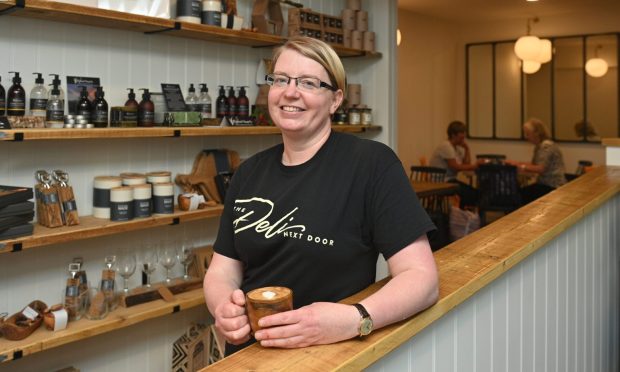
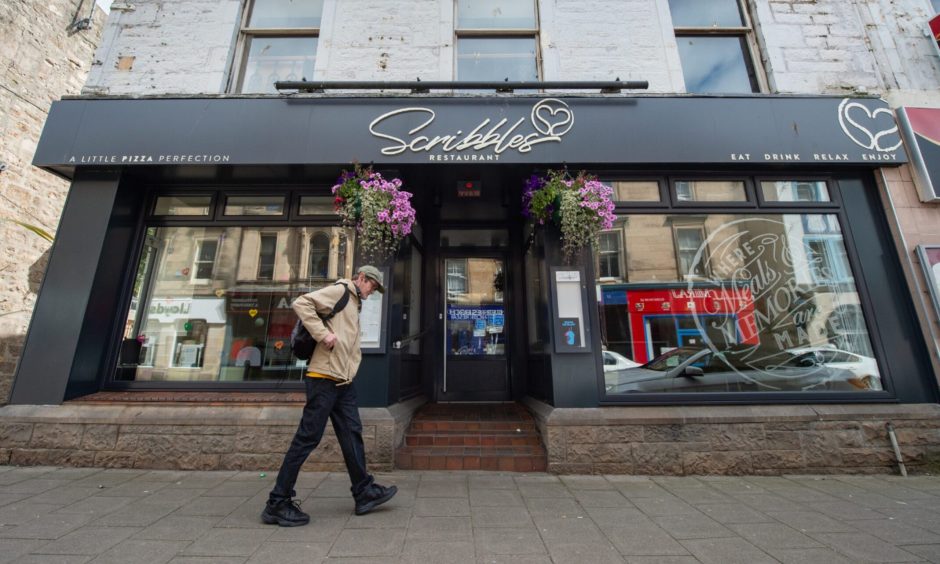
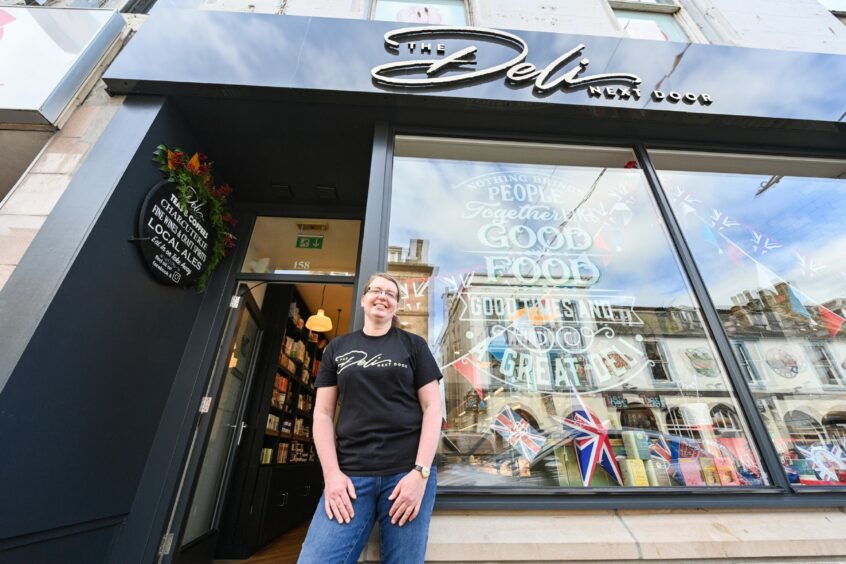
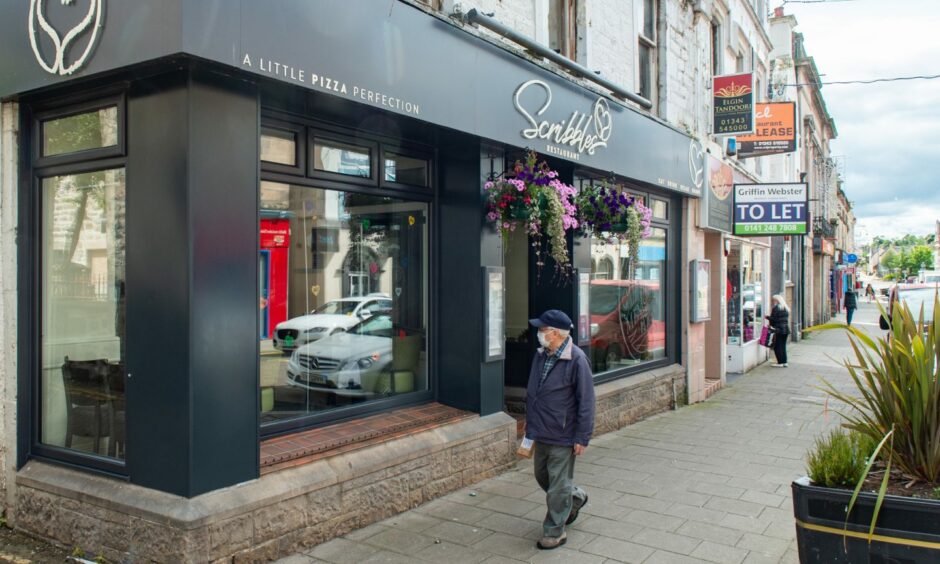
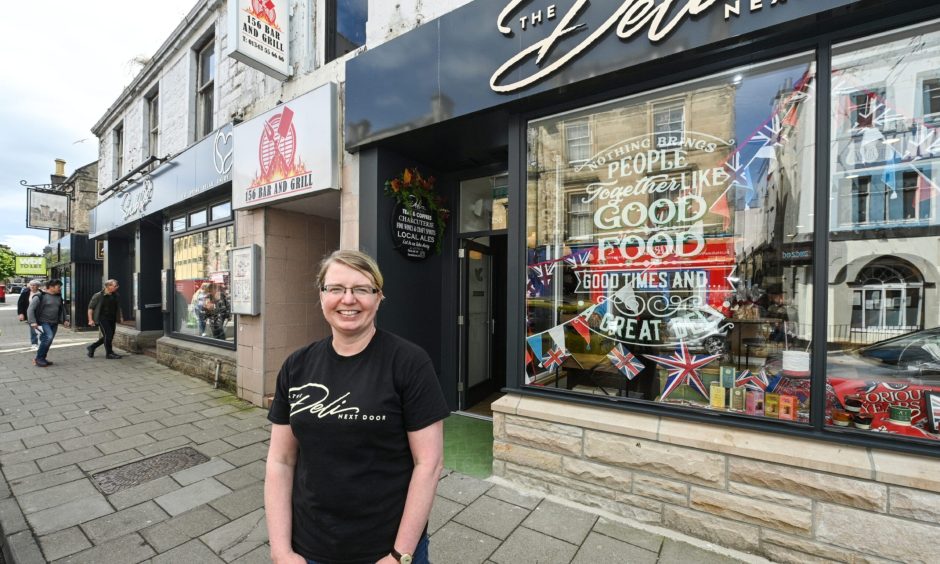
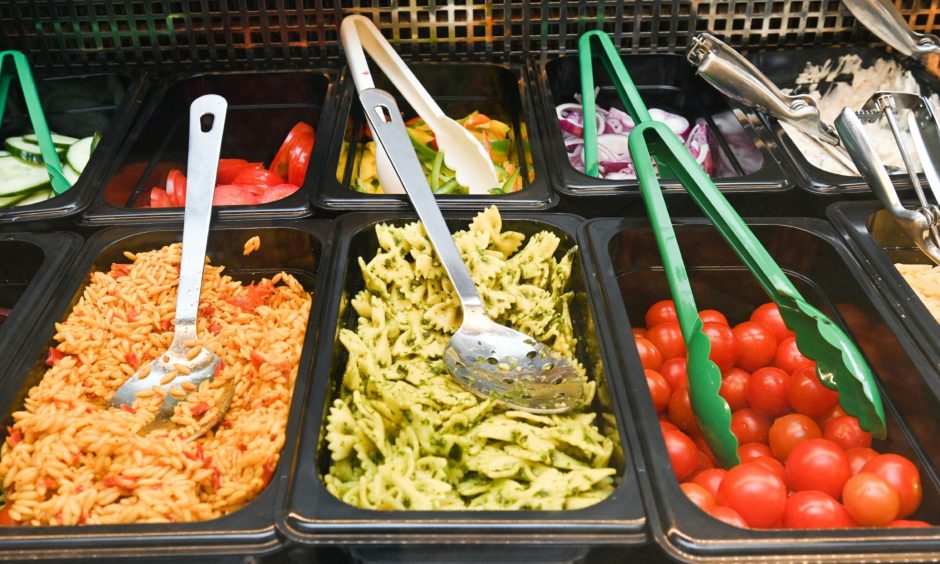
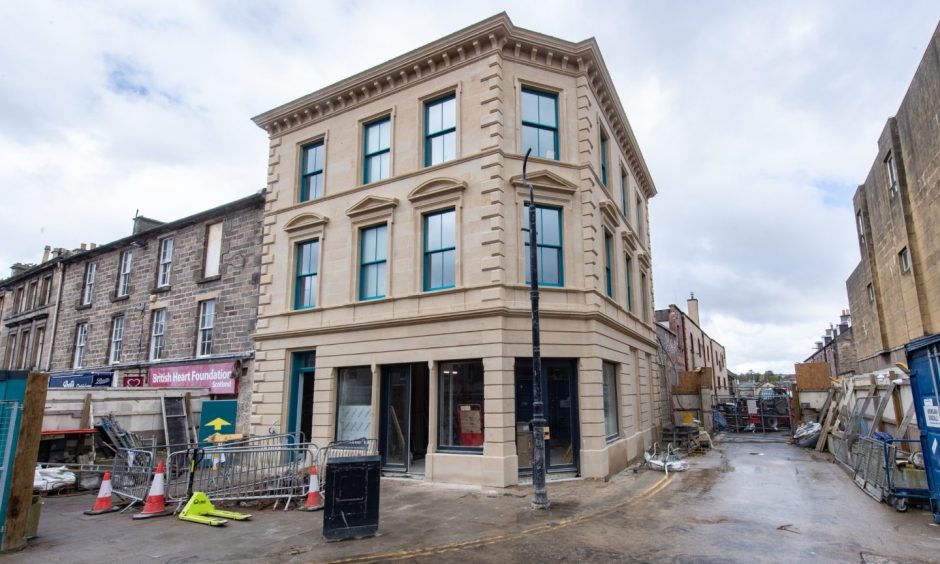
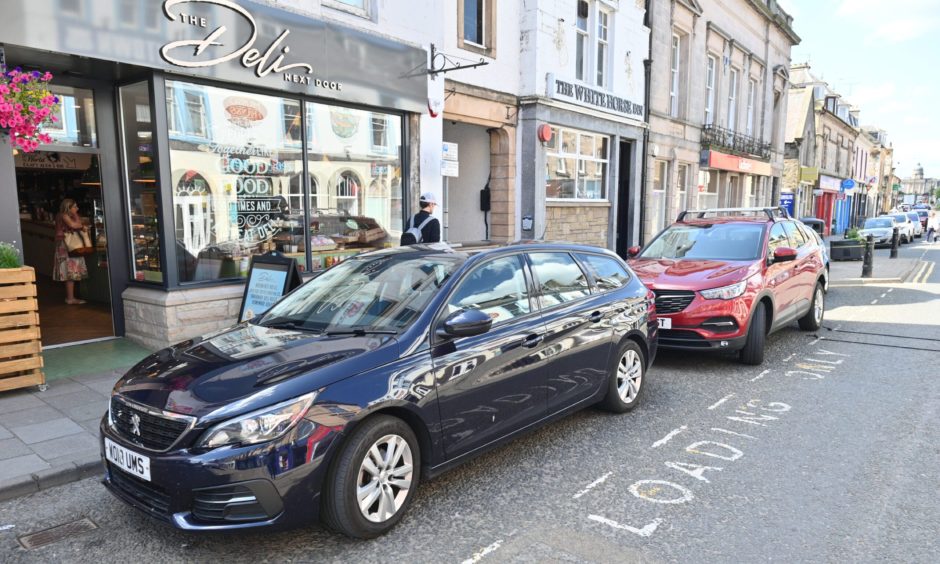
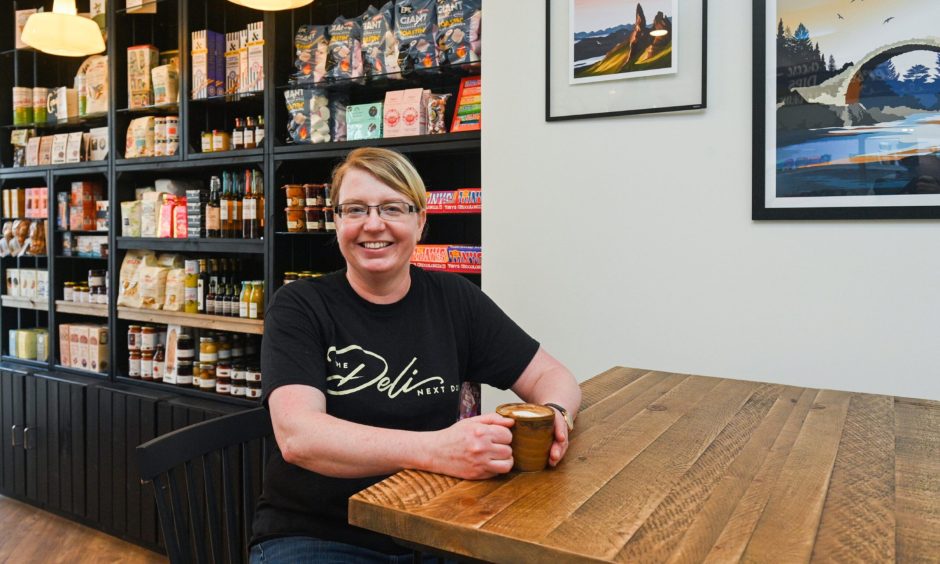
Conversation